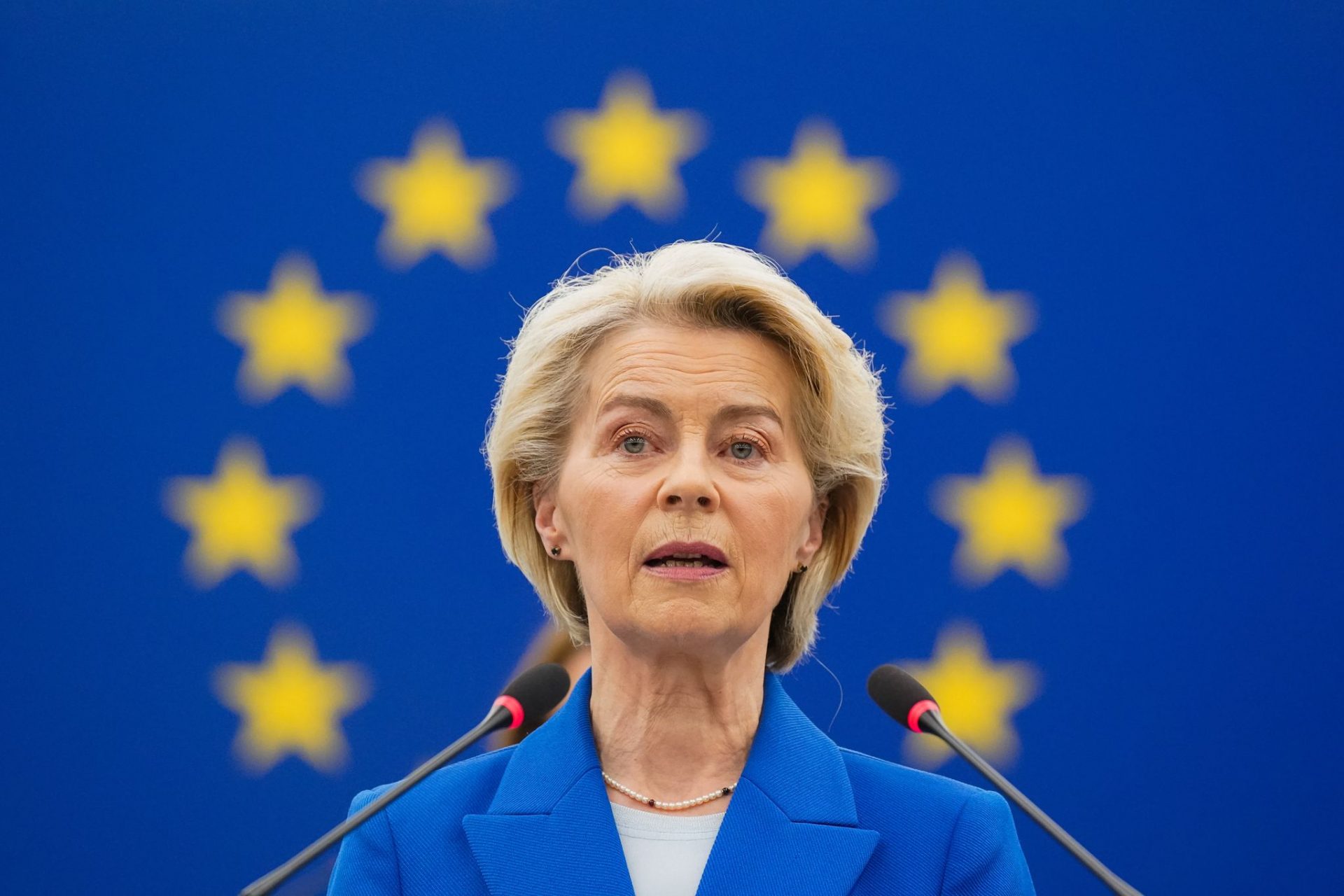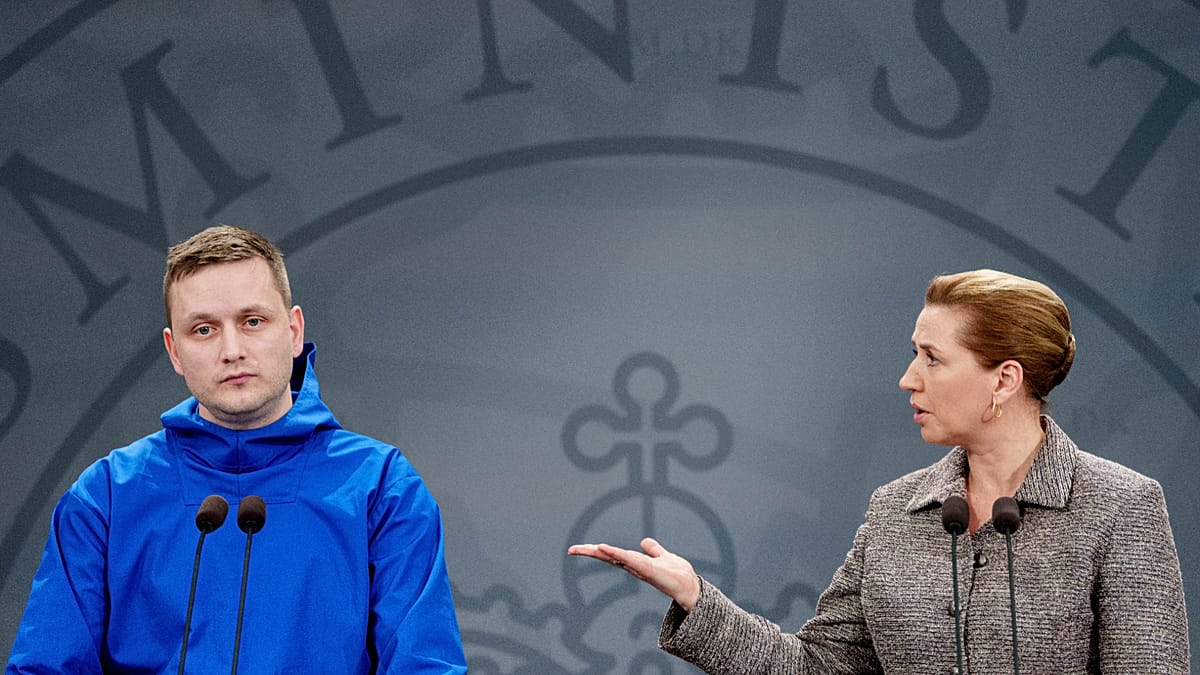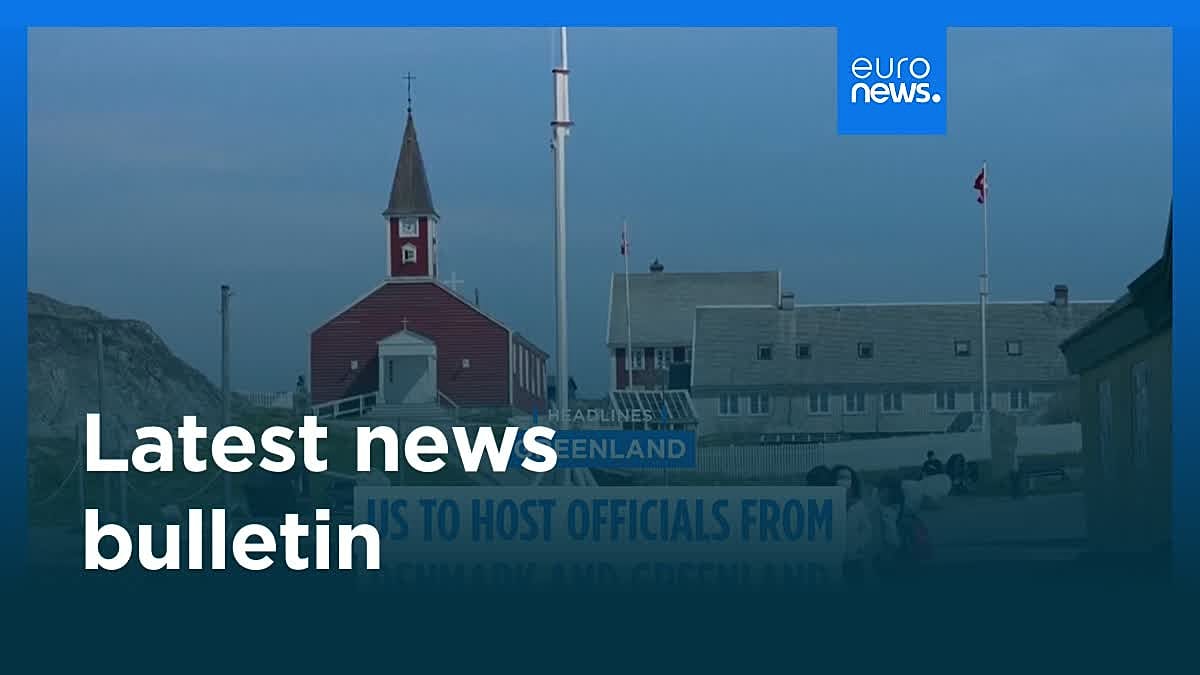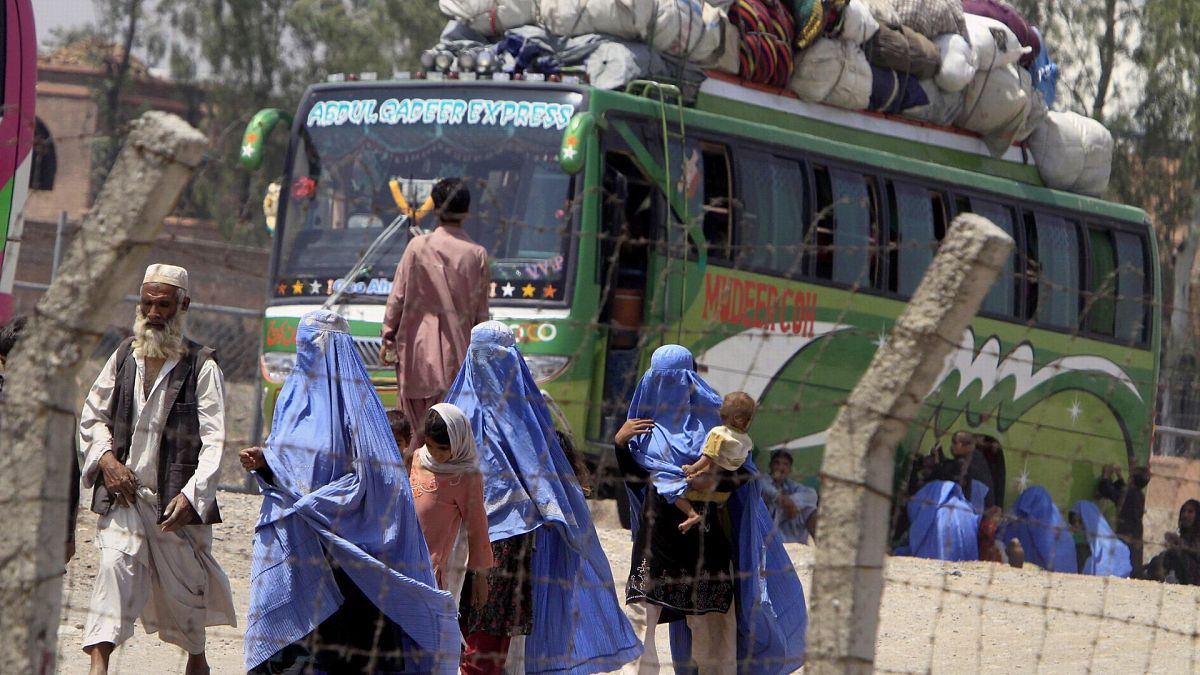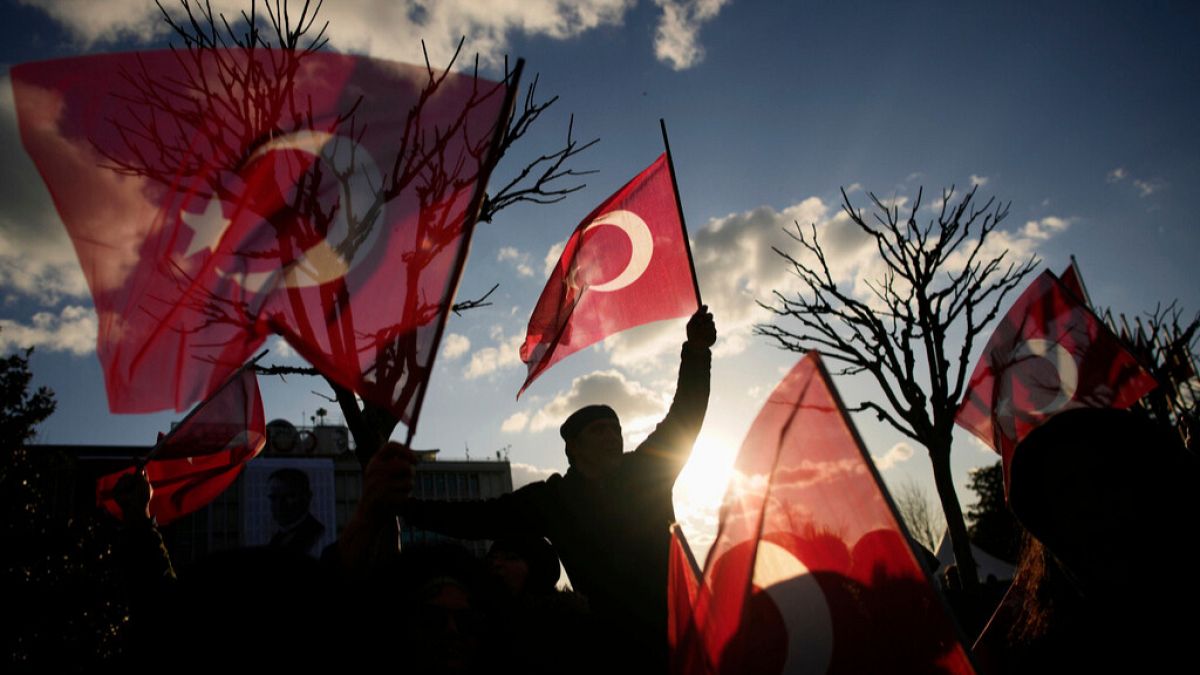Ľ. Karvašová in the EP: Changes in EU cohesion policy funding are good news for Slovak regions

Strasbourg – Members of the European Parliament (EP) approved changes in the financing of cohesion policy and social affairs in the EU on Wednesday. The new legislation is a lever for the Slovak government to unfreeze 200 million euros for the regions, which it redirected from cohesion policy to other purposes. This was stated after the vote in Strasbourg by MEP Ľubica Karvašová (PS), who is the shadow rapporteur for the Renew Europe (RE) group on this agenda, as reported by TASR.
The liberal group RE specified in a media statement that the vote on the mid-term review of the cohesion policy funds and the European Social Fund unlocks the potential to reprogram EU funds towards urgent priorities while also strengthening
“Millions of Europeans will benefit from the new rules,” stated the liberals from the EP, whose group secured a majority for key reforms and ensured that member states and regions can respond to urgent needs in defense, decarbonization, affordable housing, support for eastern borders, and more flexibly transfer unspent financial resources to projects in housing, electrical networks, or water management.
Ľubica Karvašová reminded that centrists fought hard for a compromise agreement to ensure that European regions and citizens are “put first,” defending poorer regions and small and medium-sized enterprises.
According to her, the April proposal from the European Commission on new priorities that can still be financed from the current period of EU funds passed with a large majority of votes. EU institutions have been negotiating this proposal until now, and MEPs have definitively approved it.
“This is important also because, as the shadow rapporteur for this legislation, I managed to push through a safeguard that will prevent the Slovak government, as it did in June, from transferring 200 million euros from regional EU funds and taking them from local governments,” she explained.
She specified that the adopted proposal is in the EU legislation in “article form” and has the greatest possible legal force, so everyone, including the Slovak government, must comply with it. She added that the European Commission, the presidency in the EU Council, and political groups in the EP know well why she insisted on incorporating this safeguard into the legislation.
She claims that in practice this means that the Minister of Investments and Regional Development Samuel Migaľ (independent) and the government must immediately unfreeze 200 million euros that they took from local governments without consulting them in advance. “The new article of the regulation obliges them to undergo this consultation, and if they do not respect the regulation, which will come into force in the coming days, the government can also be sued,” she described the situation.
Karvašová perceives the outcome of the vote in the EP as a strong guarantee for Slovak regions, cities, and municipalities, which provide public services to citizens from European funds – from transport to education to healthcare, and which, according to her, face the risk of losing another 150 million euros as part of government consolidation.
TASR contacted Slovak MEPs from various political parties and EP groups regarding changes in the financing of cohesion policy. (September 10)
“As the shadow rapporteur for this legislation in the EP, I managed to push through a safeguard that will prevent the Slovak government, as it did in June, from transferring 200 million euros from regional EU funds and taking them from local governments.” Ľubica Karvašová




